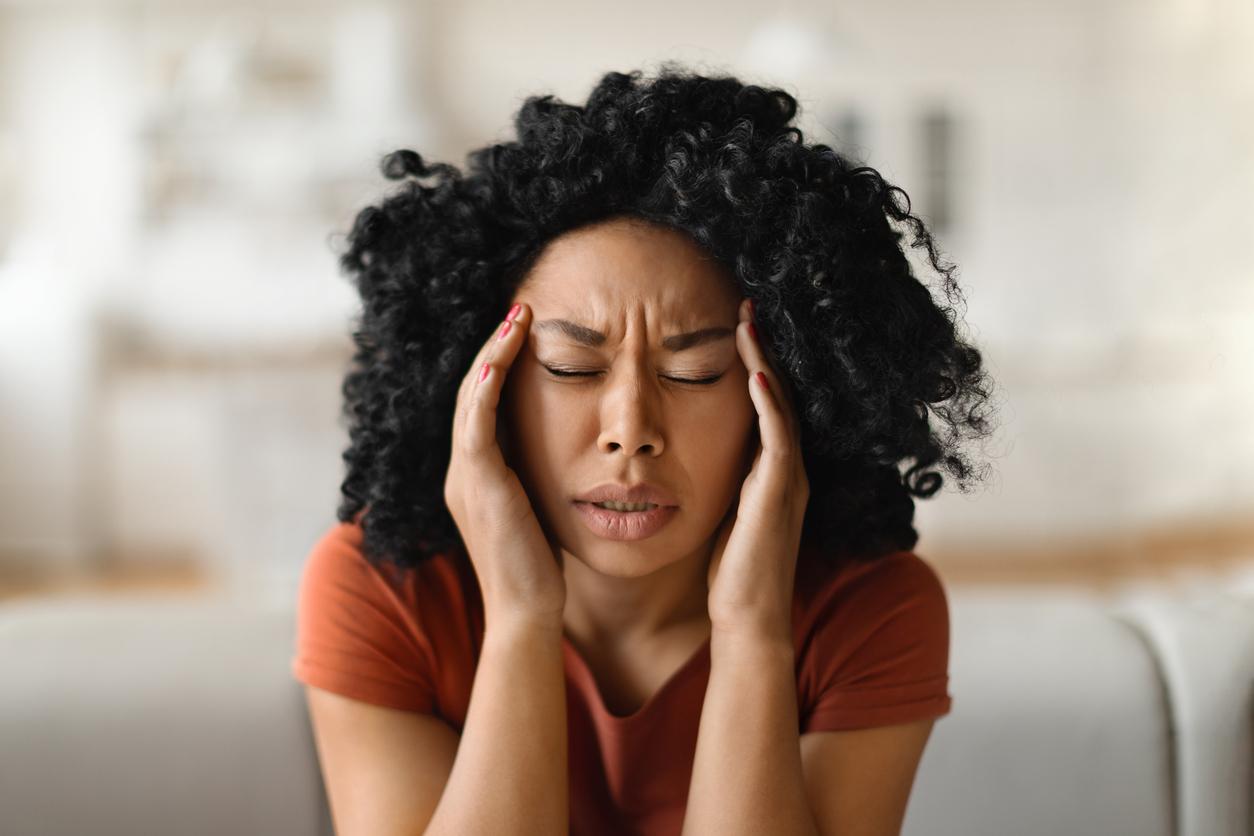
The interaction between body and mind
People who are chronically ill are also more likely to be depressed. For example, no less than one in six patients with diabetes also suffers from depression. That is twice as much as the average. Can you get depressed from illness? And can your body help the mind too?
The relation between depression and diseases are not only seen in diabetes. Depression is also three times more common in heart patients than in the general population. And people who are obese (severely overweight) are as much as 55 percent more likely to become depressed.
Effect on health
For a long time, little attention was paid to this. It was believed that feelings of depression were a normal response to the stress associated with a chronic illness. Those feelings would have no adverse effect on health, it was thought.
But unfortunately it is. For example, depressed diabetic patients have poorer glucose control, making them more likely to develop cardiovascular disease, kidney and eye problems than patients who are not depressed. In the first year after a heart attack, depressed heart patients have heart attack twice as likely to develop new heart problems. And angioplasty heart patients who are also depressed have a 60 percent higher chance of dying prematurely.
Risk Factors
“Depression is just as big a risk factor for patients with heart disease as smoking,” says professor of psychiatric epidemiology Brenda Penninx. At GGZ inGeest, an institution for mental health care affiliated to the VU University Medical Center in Amsterdam, she has been researching the link between depression and physical illness for years.
This research is not only important for people with physical illnesses, but also for people with mental illnesses. The reverse also applies: depressed people are more likely to develop heart disease, diabetes and obesity. And if they have one of those ailments, they are more likely to die from it than non-depressed people.
What is cause, what is effect, Penninx often wondered. Does it start with depression? Or vice versa? The science isn’t over yet. Penninx: “You have to see it as a vicious circle: the body intervenes on the mind and vice versa. Where that process is started is not so relevant. It can start both psychologically and physically.”
Exhausted and old faster
Why is it that depressed people are more likely to develop cardiovascular disease, diabetes and obesity? In general, their lives are somewhat unhealthier: they smoke and drink more and are less active. All risk factors for diseases. According to Penninx, that is only part of the explanation.
Another explanation is that their bodies produce too many stress hormones and antibodies. The body is perfectly attuned to short periods of stress. Then these fabrics work optimally. Penninx: “But on the long-term they can disrupt metabolism, blood pressure and energy management. That can lead to cardiovascular disease, obesity or diabetes.”
Exercise reduces depression
More can go wrong if we are under psychological pressure for a long time. The body becomes exhausted and body cells die earlier. In short, we age faster. Brenda Penninx: “This could explain why depressed people are more likely to suffer from age-related diseases and die earlier than non-depressed people.”
In the laboratory, Penninx tries to unravel the riddle of this faster aging. She mainly looks at our body cells. Every cell has a nucleus containing chromosomes: the carriers of our hereditary material. The ends of the chromosomes (telomeres) protect the cell from dying, just like the plastic ends protect a shoelace from fraying. In people with depression, those ends are probably shorter than in healthy people.
If this is indeed the case, this will not only provide an important new insight into the background of depression, but also an indication of the usefulness of exercise. It seems that regular exercise protects against the aging of body and mind. Penninx: “Regular exercise can prevent aging, that was already known. We now think that exercise stops the shortening of telomeres. There is even some evidence that they lengthen again with regular exercise.”
In short, depression and aging are closely related. And exercise not only slows down aging, but probably also helps in recovering from depression. For example, it is known that people who run a lot endorphins produce, or happiness hormones.
Break the circle
Penninx believes that doctors should pay more attention to the way in which body and mind interact. “Many medical specialists are not focused on psychological complaints,” she says. “They don’t realize enough that their treatment can be much more effective by looking at the big picture.”
Patients themselves often find it logical that they are depressed because of their illness. It is therefore not surprising that depression is not recognized in half of the people who are chronically ill.
“When visiting your doctor, mention not only physical complaints, but also psychological ones,” Brenda Penninx advises patients with chronic diseases. “Even though we don’t yet know in detail how the mind and body interact, breaking the vicious circle is really possible with the treatments we have now.”
Sources):
- Plus Magazine

















